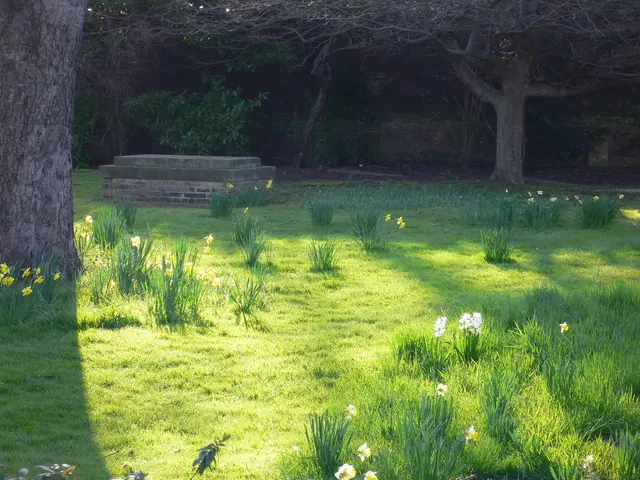Reason Behind Intuition's Shortcomings and Solutions for Overcoming Them
Intuition: A Practical Skill Within Us All
Intuition is not a mystical or supernatural ability restricted to a select few. Rather, it is an innate capacity that allows us to gather and interpret information in nonlinear, non-empirical ways, answering specific questions without relying on a step-by-step method. However, many of us fail to harness this capacity due to a belief in an empirical scientific method and various personal barriers.
A Common Misconception
The misunderstanding surrounding intuition arises from our reliance on empirical evidence and the rational, linear mode of thinking. Intuitive information often presents itself in ways that contradict our established methods of accessing and interpreting information. As a result, many people overlook, dismiss, or ignore their intuitive abilities.
Additionally, the association of intuition with spiritual or divine aspects can further detract from its practical applications, making it less accessible in daily decision-making.
Unlocking Intuition: Overcoming Barriers
To effectively access our intuition, we must overcome multiple obstacles:
- Embracing Intuition as a Practical Skill: Recognizing intuition as a skill we can learn and develop requires us to let go of preconceived notions and judgments.
- Understanding Individual Intuitive Abilities: Different people exhibit unique intuitive abilities, such as seeing, hearing, feeling, or knowing. Identifying and honing these abilities is crucial to effectively use intuition in our lives.
- Building Awareness and Practice: Regular practice and experimentation help develop intuitive awareness and keep us attuned to our intuitive abilities' subtle cues.
A Step-by-Step Approach to Cultivating Intuition
- Familiarize Yourself with Intuitive Abilities: Gain understanding of the primary intuitive abilities, including seeing, hearing, feeling, and knowing.
- Practice Self-Reflection: Observe your reactions to various situations and analyze patterns in your intuition's accuracy to identify potential biases and areas for improvement.
- Cultivate Mindfulness: Focus on your thoughts, emotions, and physical sensations in daily life to remain attuned to subtle intuitive cues.
- Embrace Mind-Body Connection: Pay attention to your body's physical sensations, as they can be powerful indicators of intuitive insights.
- Engage in Meditation and Spiritual Connection: Quiet the mind, foster emotional intelligence, and connect with a higher power or divine intelligence to improve your access to intuition.
Through consistent practice and refinement, we can develop a stronger connection to our intuition and improve our ability to make informed decisions based on our inner wisdom. Remember, intuition is not a foreign language; it is our birthright, waiting to be discovered and developed.
Embracing intuition as a practical skill in education-and-self-development can lead to personal-growth, as understanding individual intuitive abilities and building awareness through regular practice helps cultivate mindfulness. Cultivating an understanding of intuition and engaging in activities such as meditation, self-reflection, and mind-body connection can improve one's access to their intuition and, in turn, their decision-making processes.








